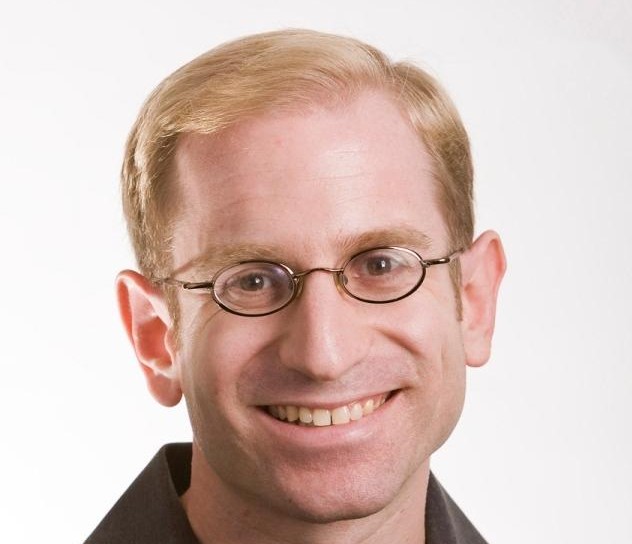Peter E. Weinberger, Senior Researcher for Countering Violent Extremism, National Consortium for the Study of Terrorism and Responses to Terrorism (START), University of Maryland.
I was born in 1974. My parents are both from New York City. We moved around a lot, because of my father’s work in the petrochemical industry, and I grew up Houston, Texas. I have lived in the Washington DC area for many years.
In your opinion, what importance, if any, does the existence of a Jewish state have to you personally and to Jewish people in general?
“Israel is an important center of Jewish identity, with a rich and vibrant culture. It is a haven for those Jewish people who face danger or persecution and need it, and it’s a place for others to live who feel connected to it as a Jewish homeland. But I personally do not believe it is the only center of Jewish identity, or that it’s the only place to live an authentic Jewish life. I don’t share the connection to Israel that many older American Jews do, because I think that they identify with a myth and not the actual Israel.”
Do you feel committed in some way to defend the future existence of Israel?
“Israel has a right to exist in peace and security. I think that many of the critiques and criticisms of Israel are overly harsh, and have another agenda. I won’t do ‘hasbara’ but I will correct gross distortions or factually incorrect things about Israel. I am not a fan of the current government in Israel, either. If I had the solution to the conflict with the Palestinians, I’d be a billionaire consultant.”
Do you affiliate yourself with a specific confessional division in Judaism? What is your view regarding the dominance of the Orthodox division in Israel religious establishment?
“My family and I are in a minyan, which has no rabbi and is led by the members of the community. It is traditional, in the orthodox style, but there is no separation of men and women. I was raised in the reform movement, but as an adult, found it no longer to be my preference. As far as the religious establishment in Israel, I find it off-putting, especially with some issues like marriage. I have some family in Israel, and they are not happy with the current state of affairs.”
Do you feel morally responsible for Israel’s actions (such as its management of the Israeli-Palestinian conflict)?
“No, but the reality is that many people around the world connote all Jews with Israel. Israelis sometimes don’t seem to realize (or care) how their actions affect Jews elsewhere, which is both shortsighted and annoying.”
In your opinion, what is the main thing Israelis fail to understand about the reality of being Jewish outside of Israel?
“They don’t know what they don’t know! Israelis often talk at people, but not with them, engaging in a real conversation. They are too self-centered at times and would benefit to have some humility in interacting with Jewish people outside of Israel.”
How would you describe Israel’s policy (formally and in practice) regarding its relationship with the Diaspora?
“It’s too dated, shaped by realities that are at least 25 years old. There are also silly, “quick fix” type approaches, like the Birthright program. I’d recommend that Israel instead engage Jewish educational and cultural institutions which are building strong Jewish identities.”
In your opinion, does Israel have an obligation to defend and help Jewish communities in need?
“Israel should help all of its own citizens first. It should support the human rights of Jewish communities around the world, but is not obligated to act.”
Have you ever been to Israel? if you have, can you summarize your impression from the Israeli reality?
“It’s a vibrant place, and the people can be very warm and welcoming. It’s also a pressure cooker, a very stressful environment. I try to have empathy for Israelis, but I often have difficulty doing so.”
Can you tell us a bit about the Jewish community in your hometown? Is it organized? Are there community activities?
“The Jewish community in the Washington DC area is very, very large, one of the biggest in the United States. I feel very comfortable and accepted here.”

